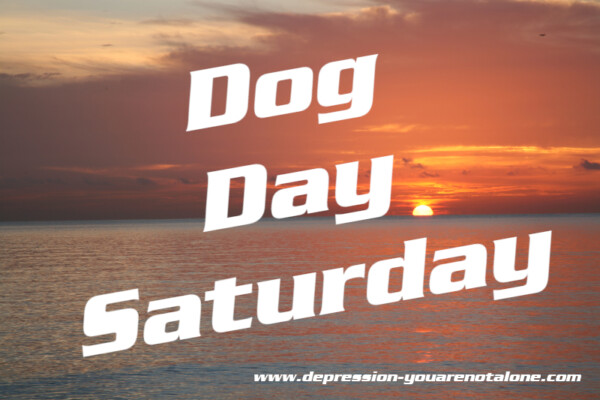Owning and interacting with pets, according to studies, is a form of therapy for many. We have dedicated Saturday to dogs and Wednesday to cats, when we will post an article on each of those days. We will also post articles on occasion about other animals people may have as pets. – Editorial Team
Natural Pet Health Products from Dr. Goodpet
Healthy, Happy Dogs – Some Health Training Tips for Owners
A well trained and healthy dog is one of life’s great pleasures. In fact, after family and friends, dogs are the most important creatures in our lives In fact, dogs are our best friends! My family always had dogs when I was a kid; I remember them all well. One of my childhood’s saddest memories was when our corgi Taffy, a pretty fiery little fellow, got run over on Guy Fawke’s Nite. My father and I tended to his injuries, but he died from them.
The point is that dogs may not be human, but they may as well be, for the emotions they arouse and the love and devotion they give us if they are well treated. Don’t they deserve the best we can give them?
Some of the things I believe everyone who has a dog should understand are very simple to apply to ensure you have a healthy, well-trained dog who loves you and will be your best friend for life:
#1. Treat your dog as you would treat any other member of your family; dogs respond to love, care and attention just like the rest of us. Our Marty is a Shitszu-Fox terrier cross, absolutely adorable, and the poor little bloke gets hugs and kisses all day long. He sleeps on our bed!
#2. Be sure your dog knows who’s boss: be firm but not physical. Dogs are like children – they need to know limits but they do not respond well to physical violence. In fact, Marty as a puppy received (unknown to us at the time) some very rough treatment from a dog groomer we took him to. He still reacts if we try to trim his feet.
#3. Feed your dog food that it likes to eat but is also good for it. There are plenty of dog foods available but make sure the one you choose for your dog is as natural as possible and not full of preservatives or additives that can and do cause ailments such as cancer. We have recently carried out an exercise in comparing dog foods, and the results were pretty bad. Good food is more expensive, but generally you need less of it, and its certainly better for the dog.
#4. Exercise your dog according to its needs. A big dog requires big exercise, a smaller one not so much. Exercise will enable your dog to burn off the energy they will otherwise spend on things they shouldn’t. We find with Marty that, if we can’t get him out for a walk, throwing and getting him to return a tennis ball gives him plenty of exercise. (He also tends to hoon around when the mood takes him ,which cracks us up!)
#5. Do not leave your dog at home all day alone. Dogs are social animals and need your company. On their own they get frustrated and bored (just as humans do). We take Marty where we can. Be very careful, though, that you don’t leave your dog in a car for long in summer – they get heat-stressed very easily and can really suffer.
Some easy things I recommend you do for your dog (and you!):
Start training and good eating habits early! Take your puppy to a training school for basic tips and socialisation with other dogs and humans. Basic commands such as “sit” “stay” “heel” etc are very important and not difficult to implant if done properly;
Pick a pecking order of command givers in your family and stick to it. Dogs are pack animals and look to the alpha male;
Get a good vet and stick with him or her if you can. They will give you good advice on nutrition, vaccinations etc and will get to know your dog’s history. This is really important if special treatment is needed at any time;
Unless you plan to breed, have your dog neutered at about 6 months; he will not wander and will generally lose any aggressiveness he might have. If your dog is a female and un-neutered, you will have to lock her in when she’s on heat!

